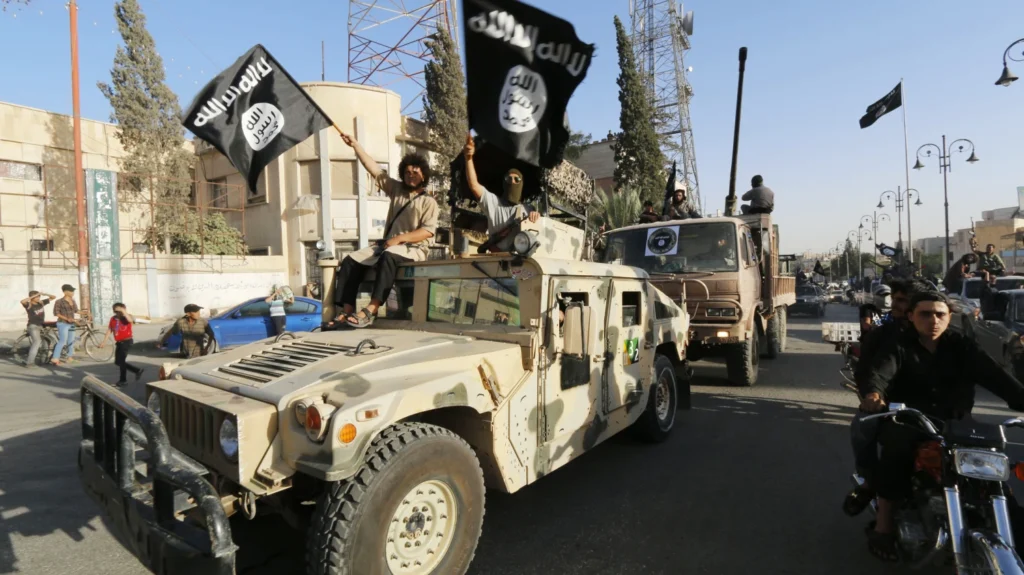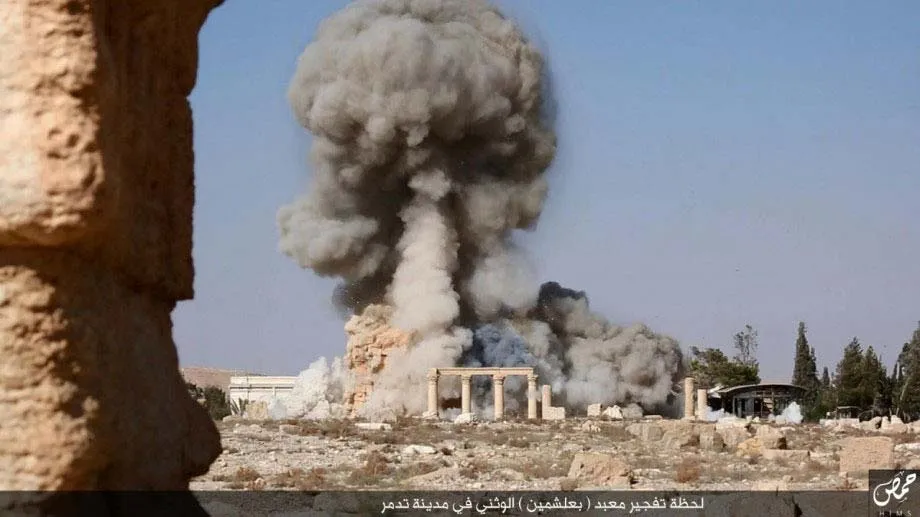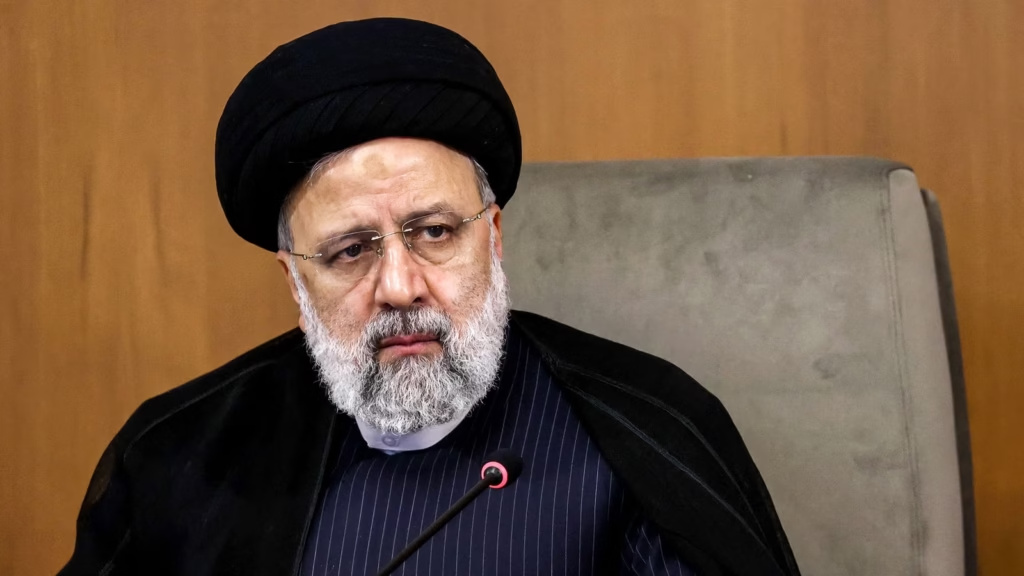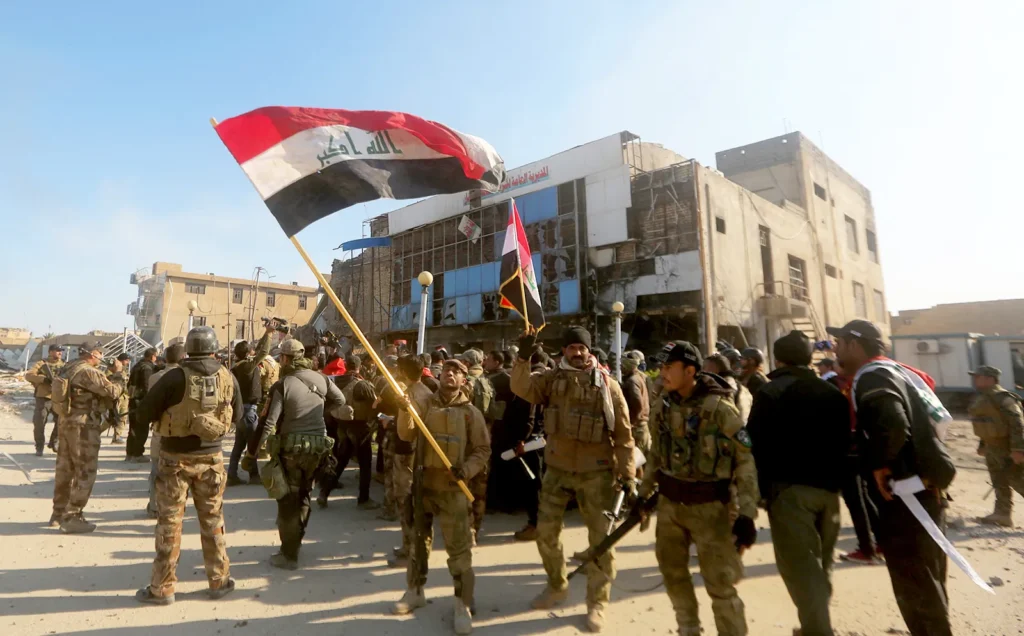ISIS Terrorist group -Kp
The Threat of ISIS: A Comprehensive Analysis of Its Global Impact

The Islamic State of Iraq and Syria (ISIS), also known as Daesh, has emerged as one of the most dangerous and destructive terrorist organizations in modern history. Formed in the aftermath of the U.S. invasion of Iraq in 2003, ISIS rapidly grew into a global threat, committing atrocities that shocked the world. This article delves into the organization’s origins, its heinous actions, the countries and entities supporting or opposing it, and the grave threats it poses to global peace and security.

Origins and Ideology of ISIS
ISIS traces its roots to al-Qaeda in Iraq (AQI), which was established by Abu Musab al-Zarqawi in 2004. AQI’s brutal tactics, including mass killings and public executions, alienated even al-Qaeda’s leadership. After Zarqawi’s death in 2006, the group rebranded itself as the Islamic State of Iraq (ISI). By 2013, under the leadership of Abu Bakr al-Baghdadi, the group expanded into Syria, capitalizing on the chaos of the Syrian Civil War. This expansion led to the declaration of the so-called Islamic State in 2014.
ISIS adheres to a radical interpretation of Sunni Islam, promoting a vision of a global caliphate governed by its extremist version of Sharia law. This ideology has justified some of the most abhorrent acts of violence, including genocide, sexual slavery, and the destruction of cultural heritage.

Crimes and Atrocities Committed by ISIS
ISIS’s actions are universally condemned for their brutality and inhumanity. Among its most notorious crimes are:
- Genocide and Ethnic Cleansing:
- The group targeted Yazidis, Christians, Shia Muslims, and other minorities for extermination or forced conversion. In 2014, ISIS massacred thousands of Yazidis in Sinjar, Iraq, while abducting thousands of women and children for sexual slavery.
- Terrorist Attacks:
- ISIS has claimed responsibility for numerous high-profile attacks worldwide, including the 2015 Paris attacks, the 2016 Brussels bombings, and the 2019 Easter bombings in Sri Lanka. These attacks have killed thousands of innocent civilians.
- Destruction of Cultural Heritage:
- ISIS deliberately destroyed historical sites, including Palmyra in Syria and the Mosul Museum in Iraq, erasing irreplaceable artifacts of human history.
- Sexual Violence and Human Trafficking:
- The group institutionalized sexual slavery, abducting women and girls and subjecting them to horrific abuse. These crimes were systematically documented in territories under ISIS control.
- Use of Child Soldiers:
- ISIS indoctrinated and trained children, known as “Cubs of the Caliphate,” to become fighters and suicide bombers, exploiting their vulnerability to perpetuate violence.

Countries Supporting ISIS
While no nation officially supports ISIS, the group has benefited from indirect and clandestine assistance from various sources. Some allegations include:
- Individuals in Gulf Countries: Private donors in countries like Saudi Arabia, Qatar, and Kuwait have been accused of funneling money to extremist groups, including ISIS, under the guise of charitable contributions.
- Black Market Transactions: ISIS profited from the sale of smuggled oil and antiquities, with middlemen in Turkey and other countries facilitating these transactions.
- Failure to Act: Critics argue that certain regional powers turned a blind eye to ISIS’s early growth, viewing it as a counterweight to rival factions in the Syrian conflict.

Countries and Entities Opposing ISIS
The global coalition against ISIS comprises a wide array of nations and organizations, including:
- The United States:
- The U.S. led Operation Inherent Resolve, a military campaign to degrade and ultimately defeat ISIS. This coalition conducted airstrikes, provided training to local forces, and supported ground operations.
- Iraq and Syria:
- The Iraqi Army and Kurdish Peshmerga forces played a crucial role in liberating ISIS-controlled territories. In Syria, the Syrian Democratic Forces (SDF), a Kurdish-led coalition, spearheaded the fight against ISIS.
- Russia:
- Russia’s military intervention in Syria, though controversial, included significant operations against ISIS strongholds.
- European Nations:
- France, the UK, and other European countries actively participated in airstrikes and counter-terrorism efforts to dismantle ISIS networks.
- Iran:
- Iran-backed militias and advisors assisted in fighting ISIS in Iraq and Syria, viewing the group as a threat to regional stability.
- The United Nations:
- The UN imposed sanctions, froze assets, and facilitated international coordination to combat ISIS’s influence and funding.

ISIS’s Funding Mechanisms
ISIS developed a sophisticated financial system to sustain its operations. Key sources of revenue included:
- Oil Sales:
- At its peak, ISIS controlled oil fields in Iraq and Syria, generating millions of dollars by selling oil on the black market.
- Taxation and Extortion:
- In territories under its control, ISIS imposed taxes on businesses, agricultural activities, and everyday transactions, extorting local populations.
- Kidnapping and Ransom:
- The group profited from abducting foreigners and demanding hefty ransoms.
- Illicit Trade:
- ISIS smuggled antiquities, drugs, and other contraband, leveraging regional black markets.
- Donations:
- Wealthy sympathizers and ideological supporters provided financial aid, often through complex networks to evade detection.
Countries Threatened by ISIS
ISIS posed a direct threat to multiple countries, including:
- Iraq and Syria:
- The group’s territorial ambitions devastated these nations, causing massive displacement and destruction.
- Neighboring Countries:
- Jordan, Turkey, and Lebanon faced significant security risks, including border incursions and refugee crises.
- Western Nations:
- ISIS inspired or directed numerous terrorist attacks in Europe and North America, exploiting social media to radicalize individuals.
- South and Southeast Asia:
- Countries like India, Bangladesh, and Indonesia faced the spread of ISIS’s ideology and recruitment efforts, leading to localized attacks.

The Global Threat of ISIS
Even after losing its territorial “caliphate” in 2019, ISIS remains a potent threat. The group has transitioned into an insurgency, conducting guerrilla attacks in Iraq and Syria. Its affiliates, such as ISIS-Khorasan in Afghanistan, continue to perpetrate violence, including the 2021 Kabul airport bombing.
The Way Forward
The fight against ISIS requires a multi-faceted approach:
- Military Action:
- Continued vigilance is needed to prevent ISIS from regaining territorial control.
- Countering Ideology:
- Efforts to counter radicalization and promote moderate interpretations of Islam are crucial.
- Cutting Off Funding:
- Enhancing international cooperation to disrupt ISIS’s financial networks is vital.
- Humanitarian Assistance:
- Addressing the root causes of extremism, such as poverty and lack of education, can reduce ISIS’s appeal.
Conclusion
ISIS stands as a stark reminder of the destructive power of extremist ideologies. Its atrocities, from genocide to global terrorism, highlight the urgent need for international unity against such threats. While the group has been weakened, its ideology persists, requiring sustained efforts to ensure that the horrors perpetrated by ISIS are never repeated. Through cooperation, vigilance, and resilience, the world can overcome the menace of ISIS and build a future founded on peace and justice.












Post Comment